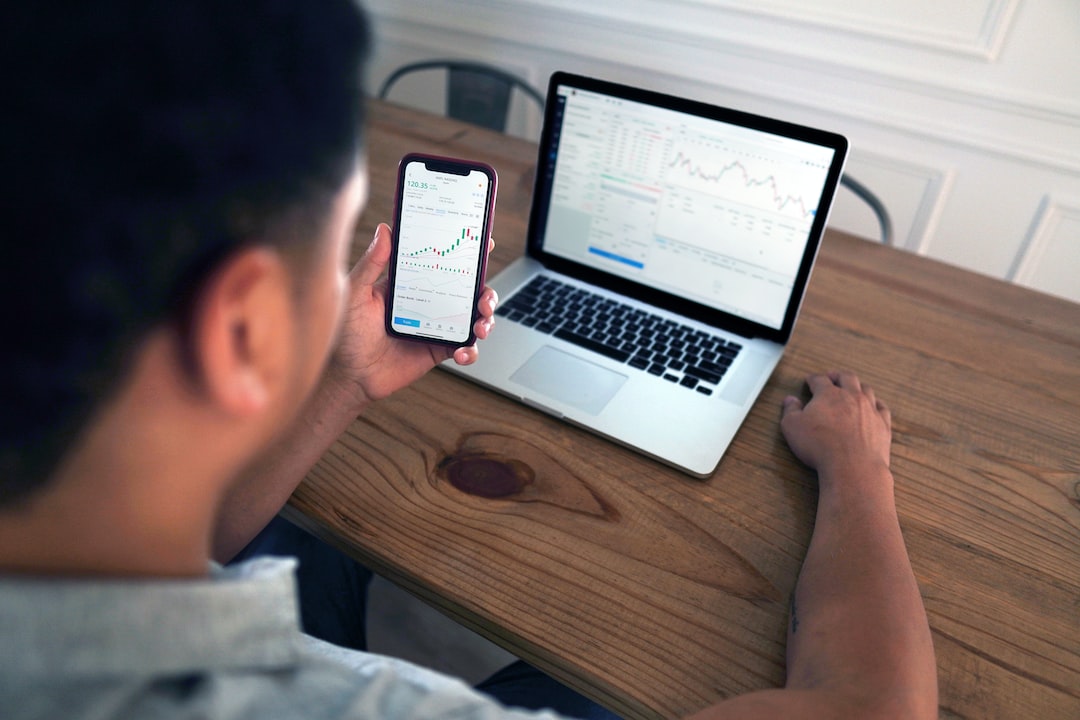The Importance of Emergency Funds and How to Build One
Life has a way of throwing unexpected surprises at us when we least expect it. Whether it’s a sudden illness, a car breakdown, or a global pandemic like the one we are currently experiencing, emergencies can wreak havoc on our financial stability. This is where having an emergency fund becomes crucial. An emergency fund is a pot of money set aside for unforeseen expenses and provides a safety net during difficult times.
The importance of having an emergency fund cannot be overstated. It serves as a financial buffer, allowing you to navigate unexpected expenses without resorting to high-interest loans, credit card debt, or depleting your savings. By having this fund in place, you can avoid financial turmoil and keep your overall financial health intact.
Building an emergency fund may seem like an overwhelming task, especially if you are living paycheck to paycheck. However, it is achievable with careful planning and discipline. Here are some steps to help you get started:
1. Set a realistic goal: Determine how much you would need to cover your living expenses for three to six months in case of a financial emergency. This may vary depending on your lifestyle, financial obligations, and job stability. Start by setting small, attainable goals and gradually work your way up.
2. Create a budget: Analyze your monthly expenses and identify areas where you can cut back to free up some money for your emergency fund. This could mean reducing discretionary spending, renegotiating bills, or finding ways to save on everyday expenses.
3. Automate your savings: Set up an automatic transfer from your paycheck or checking account to a separate emergency savings account. Make it a habit to treat this deposit as a non-negotiable bill that must be paid.
4. Prioritize your fund: Treat your emergency fund as a priority and resist the temptation to dip into it for non-emergency expenses. Finding alternative ways to finance your wants can prevent you from depleting your fund prematurely.
5. Maximize windfalls: Whenever you receive unexpected cash such as tax refunds, bonuses, or monetary gifts, put a portion of it directly into your emergency fund. This way, you can accelerate your savings without feeling the pinch.
6. Consider additional income streams: If possible, explore opportunities to generate extra income. This could involve taking on a part-time job, freelancing, or monetizing your hobbies and skills. Direct the proceeds from these ventures towards building your emergency fund.
Remember, Rome wasn’t built in a day, and neither will your emergency fund. Building a solid financial cushion takes time and patience. However, the peace of mind it provides in times of crisis is invaluable.
In conclusion, having an emergency fund is a smart financial move that can safeguard your financial future. By setting realistic goals, creating a budget, automating savings, and prioritizing your fund, you can gradually build a robust emergency fund. So start today, and take the first steps towards financial security and peace of mind.

